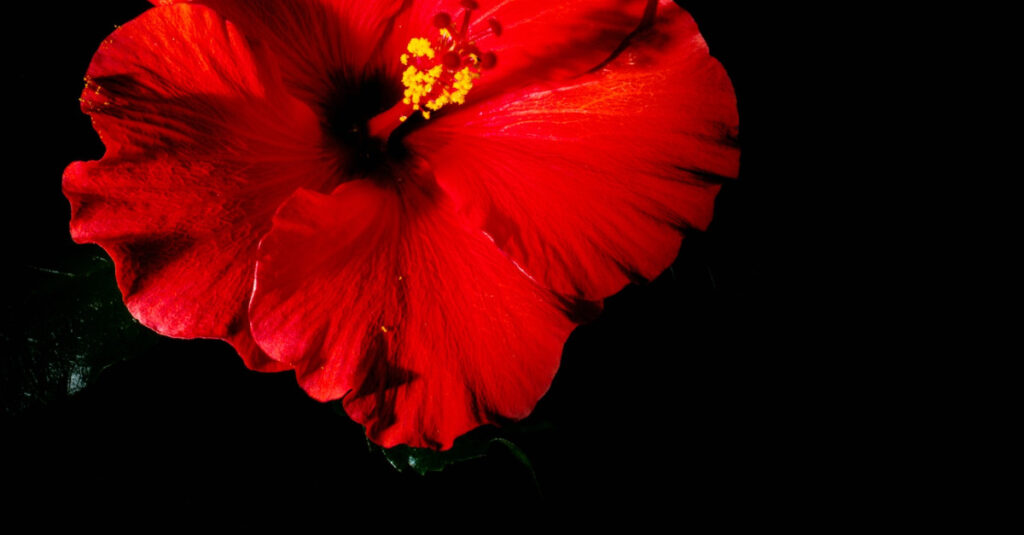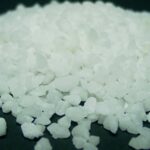Does hibiscus really lowers blood pressure? Can I drink hibiscus tea if I am anti-hypertensive medications already? I meet these questions often in social groups and online forums on hypertension and hypotension. Here are some answers, with links to relevant studies listed below the article on hibiscus to treat blood pressure, all risks and benefits presented
Chemical vs Natural Medicines for Blood Pressure
Various classes of antihypertensive drugs are used clinically to treat hypertension, including thiazides, beta-blockers, calcium channel blockers, and angiotensin II receptor blockers.
According to a 2017 study by the American College of Cardiology and American Heart Association, 36.2% of hypertensive adults in the United States were prescribed antihypertensive medications. However, approximately half of them still had high blood pressure.
Many factors, including side effects of chemical medicine, may contribute to the use of herbal medicine as an alternative to chemical medicine. People are more likely to trust and use herbal medication if they have positive beliefs and experiences about herbal medicine.
Garlic, onions, Chinese herbal medicine, black and green teas, sour teas and Hibiscus sabdariffa were suggested by tradition. Studies have shown that some of these medications have positive effects.
What is hibiscus
A tropical flower called Hibiscus sabdariffa is used to make Hibiscus tea, also known as Sorrell tea or “sour tea”. Several tropical and subtropical regions around the world grow Hibiscus sabdariffa flowers, including Thailand, China, and Mexico. These flowers belong to the Malvaceae family of shrubs, trees, and flowers.
Hibiscus tea comes from steeping the petals of the hibiscus flower. When steeped, the water becomes a beautiful, rich, deep red and has a refreshing, tart flavour.
Research findings
Among the nutrients contained in Hibiscus sabdariffa are carbohydrates, proteins, fatty acids, flavonoid compounds, minerals, and vitamins. A number of studies have indicated that this herb has anticancer, antibacterial, anti-oxidant, nephroprotective, diuretic, anti-cholesterol, anti-diabetic, and antihypertensive properties.
Hibiscus sabdariffa has been studied in different clinical and experimental studies. The safety of Hibiscus sabdariffa tea and extracts have been stated in the literature. In addition, this herbal medicine has been shown to reduce and uptake free radicals. Another therapeutic effect of sour tea is improving lipid profiles.
Nutrition Information
One 8-ounce serving of hibiscus tea contains:
- Calories: 0
- Protein: 0 grams
- Fat: 0 grams
- Carbohydrates: 0 grams
- Fiber: 0 grams
- Sugar: 0 grams
Hibiscus tea contains vitamin C — a nutrient that plays many essential roles in the body. These include:
- Tissue growth and repair
- The maintenance of cartilage, bones, and teeth
- Wound healing
- Formation of collagen
- Iron absorption
Vitamin C, aka ascorbic acid, is also an antioxidant. It can help boost your immune system and may help prevent cell damage caused by free radicals in the body. This can reduce your risk of developing many significant health complications such as heart disease, diabetes, and cancer.
Hibiscus tea contains other antioxidants, such as anthocyanins. Anthocyanins give the plant its vibrant color. They may also prevent many chronic diseases, as well as provide antibacterial effects.
Risks related to blood pressure
Hibiscus to treat blood pressure. In spite of all the research showing that this plant can lower high blood pressure, the obvious risk is that hibiscus can also be dangerous for people with already low blood pressure.
If you take medication to lower your blood pressure, avoid hibiscus! Blood pressure should not be too low and you should avoid other side effects.
Does Hibiscus Tea Cause Hallucinations?
Hibiscus tea has been reported to make people feel woozy. As a result, terms such as ‘hibiscus drunk’ and ‘hibiscus intoxication’ have been coined.
As of yet, there is no scientific evidence to indicate that hibiscus tea causes people to get drunk and/or have hallucinations.
There is a common theory that hibiscus intoxication occurs when people’s blood pressure drops too low. Hibiscus tea lowers blood pressure. You may feel light headed and drunk if your blood pressure drops too low.
Other potential risks
There are some other health benefits associated with hibiscus tea, but there are also some risks associated with it:
Hibiscus and Mallow Allergies – you should not drink hibiscus tea if you are allergic or sensitive to hibiscus flowers (or other plants in the mallow family).
Medication Interactions – some medications may interact with hibiscus tea. There is a possibility that it can reduce the effectiveness of the malaria drug chloroquine. Blood pressure can drop significantly if you take medications for high blood pressure or diabetes. Phytoestrogens (or plant estrogens) in the plant may also reduce the effectiveness of birth control.
Pregnancy Concerns – hibiscus tea may cause complications during pregnancy due to its phytoestrogen content. Preterm labor may be triggered by them, for example. During pregnancy or breastfeeding, you may want to avoid hibiscus tea.
Liver Damage – hibiscus extract may cause liver damage at high concentrations, according to some research.
Conclusion
Hibiscus to treat blood pressure is an under-researched area. There is evidence that hibiscus lowers blood pressure, but not enough monogenous evidence has been generated. This is why mainstream science cautions against using sour tea as a treatment for high blood pressure: it may be effective if combined with lifestyle changes.






